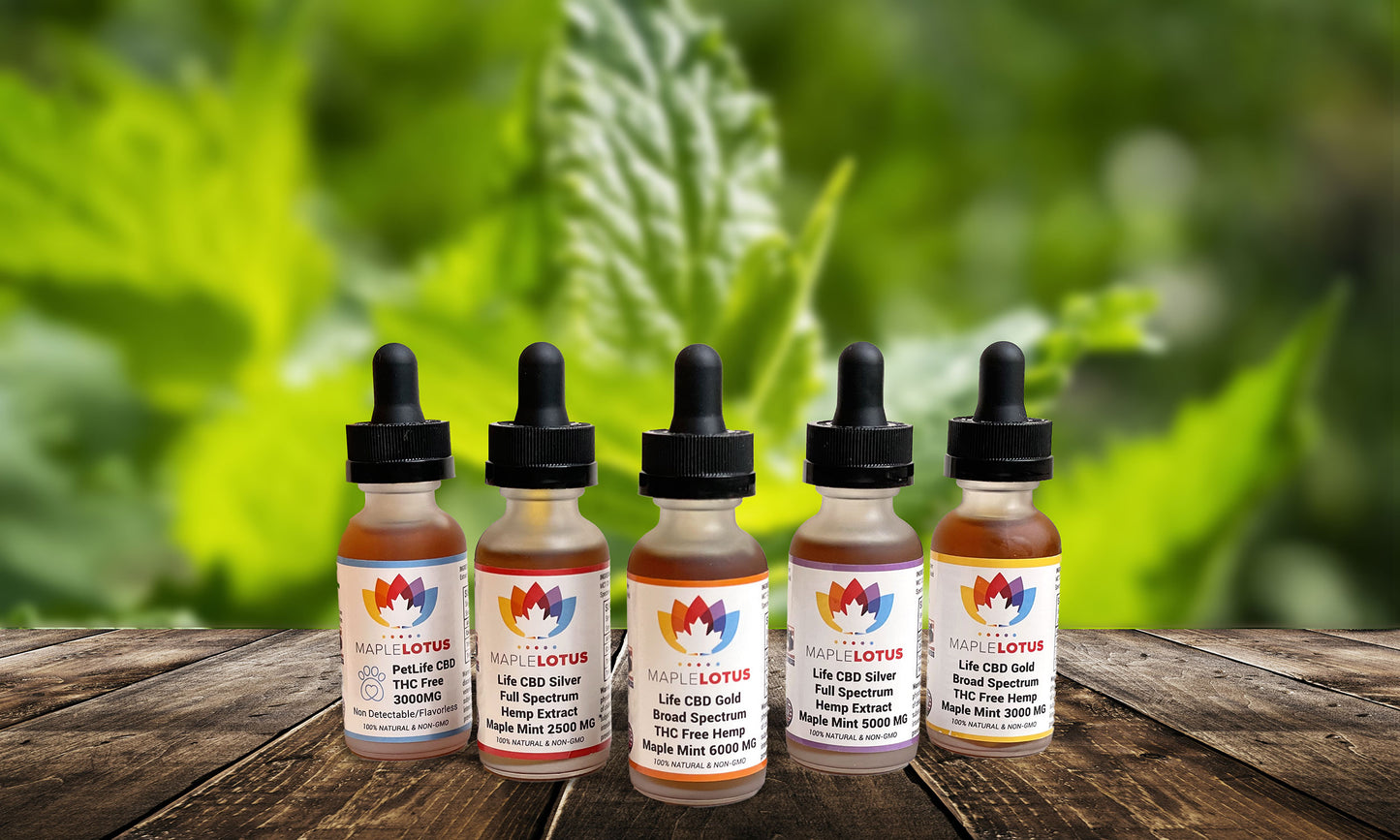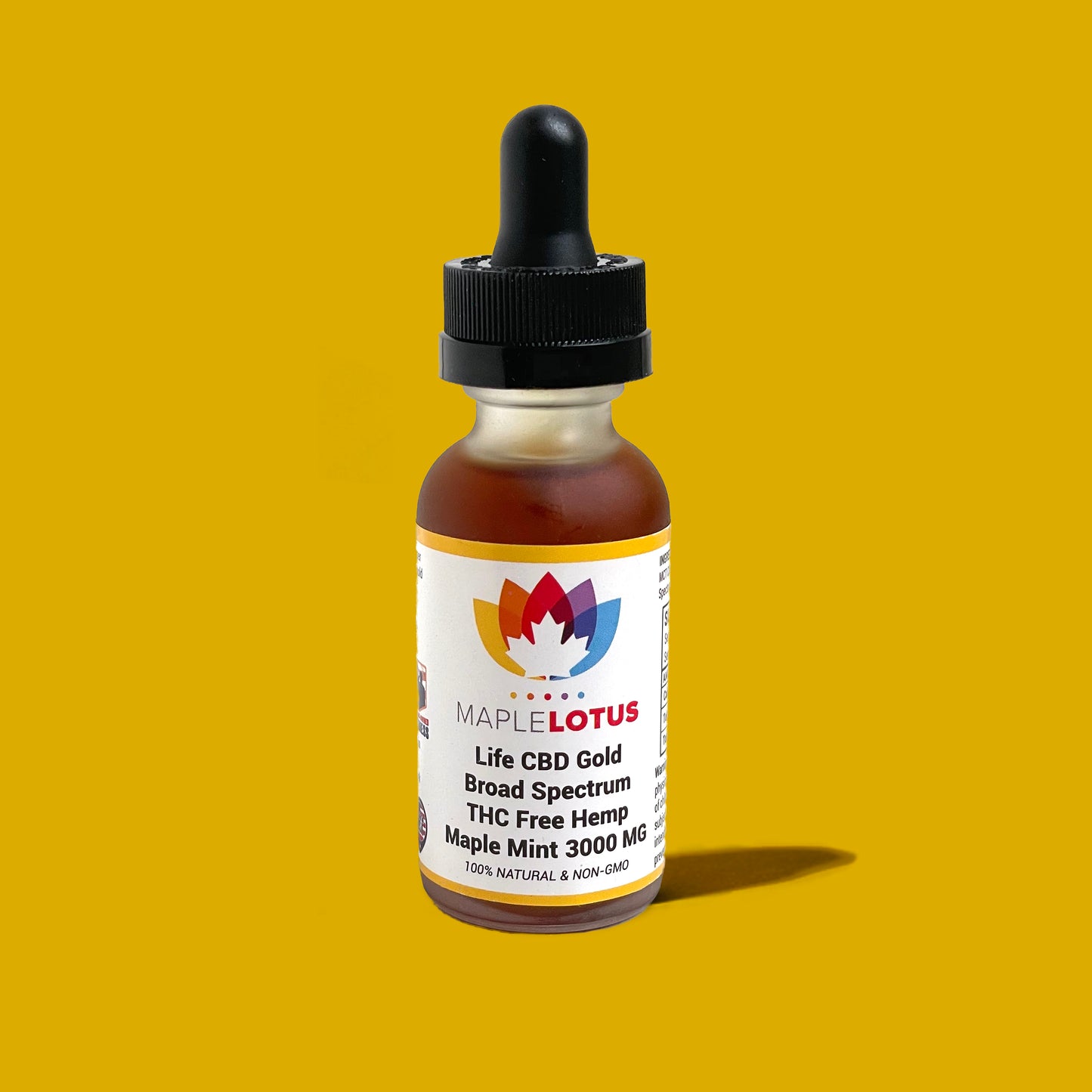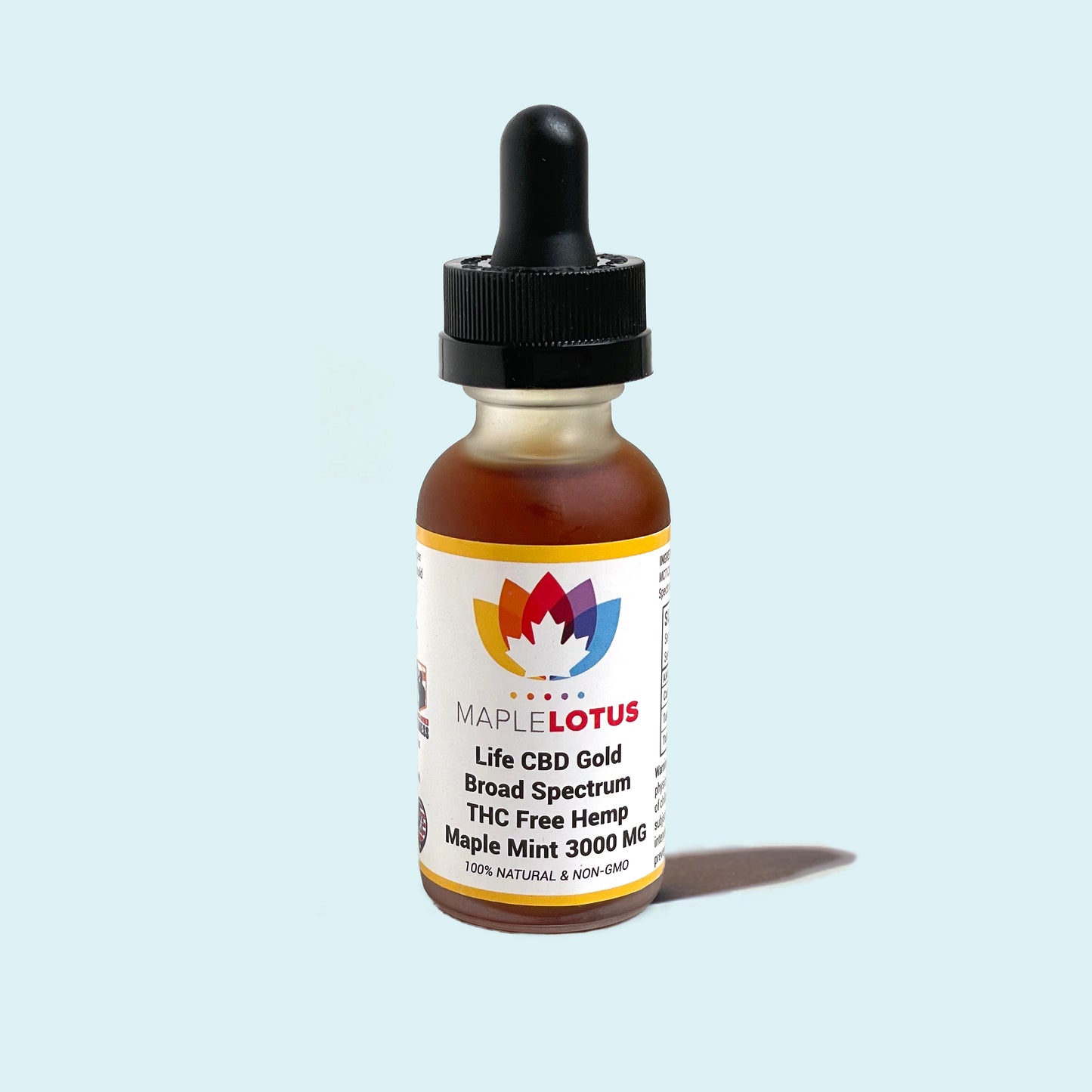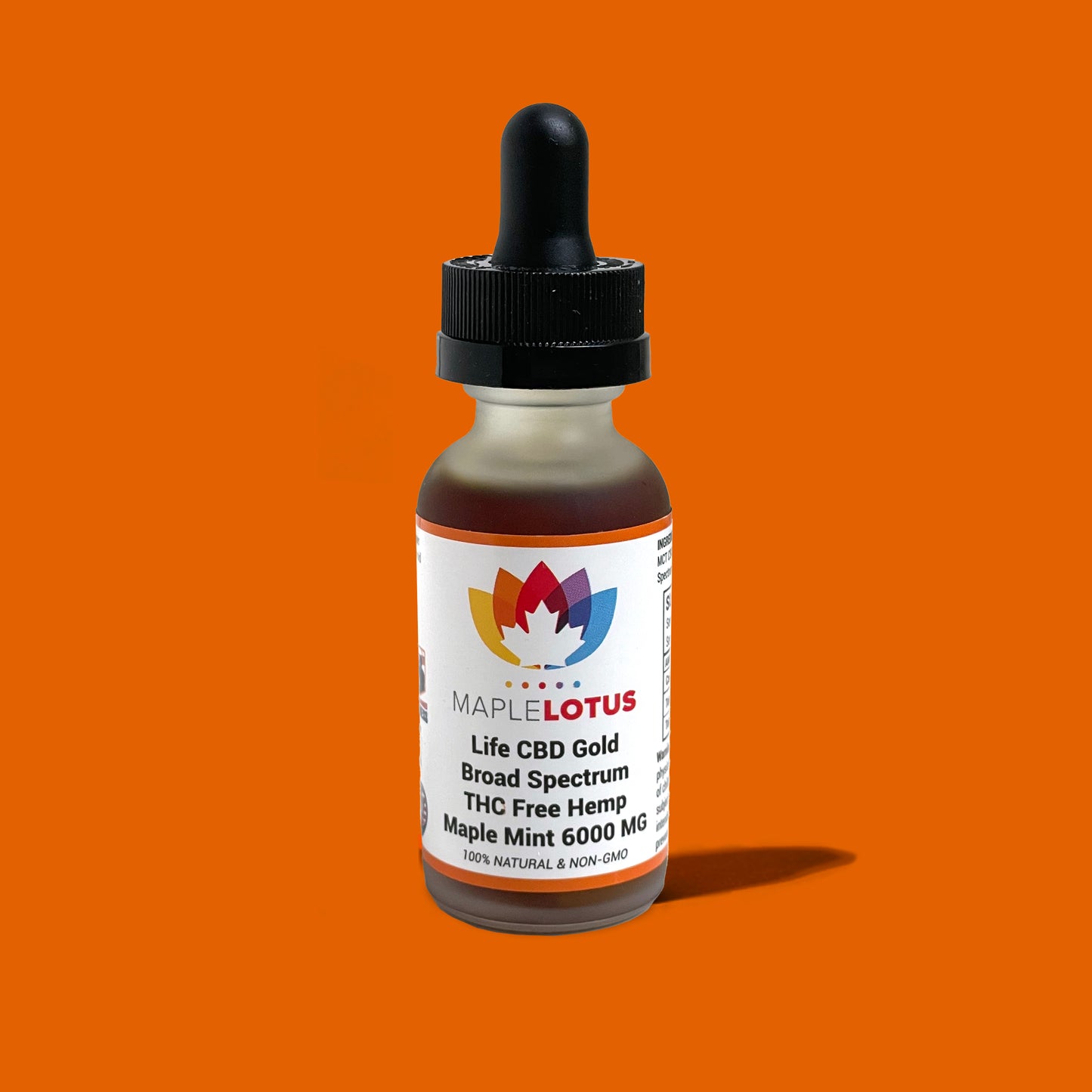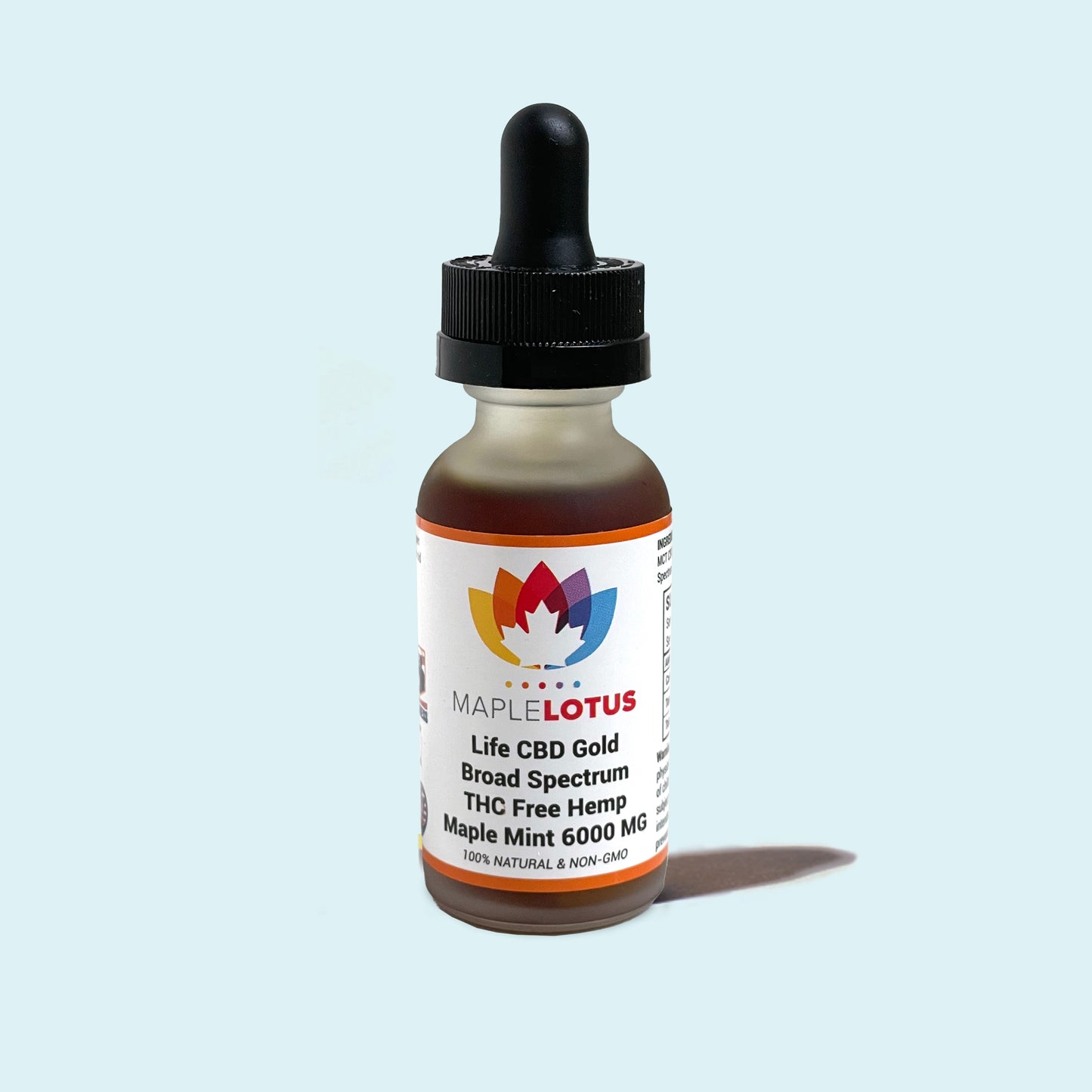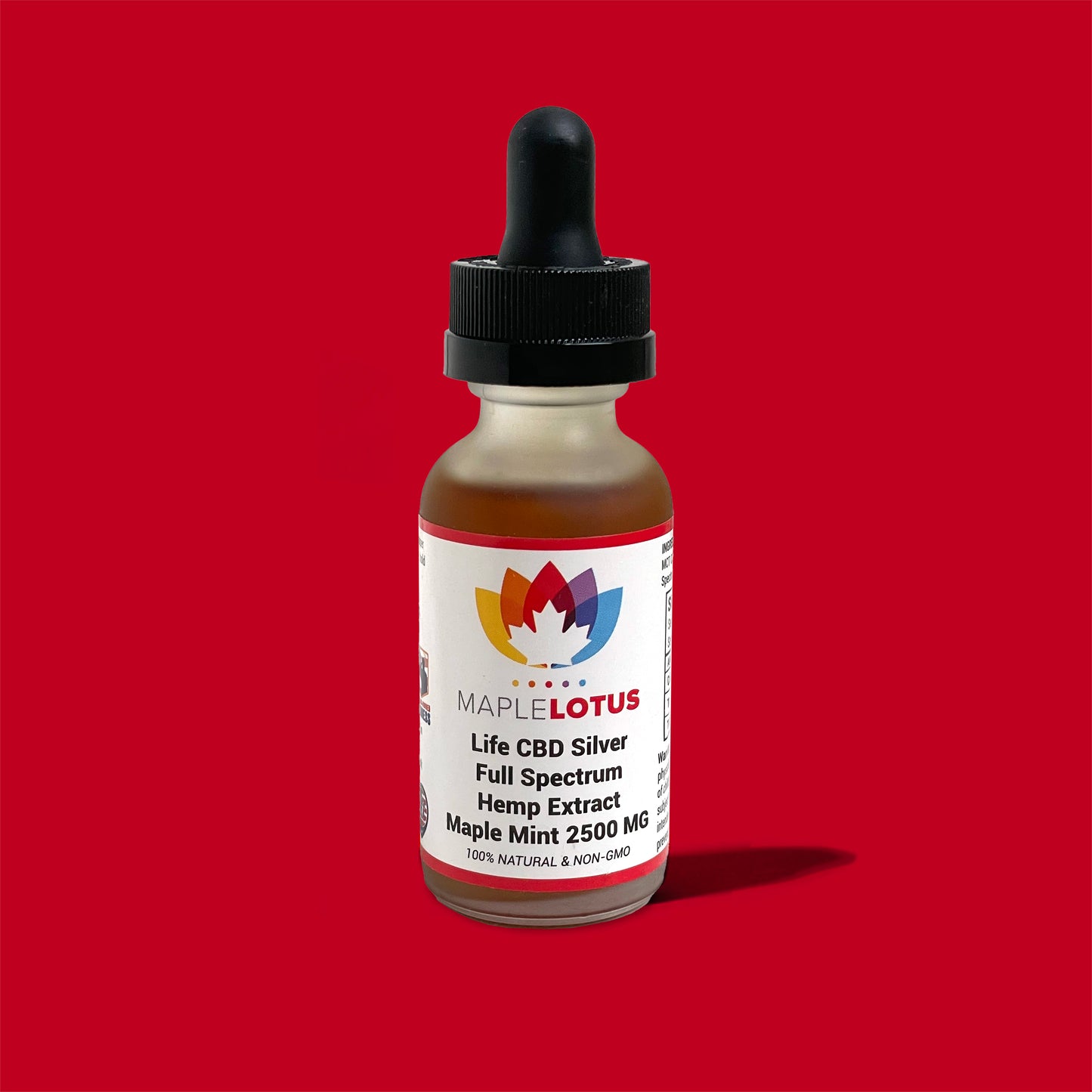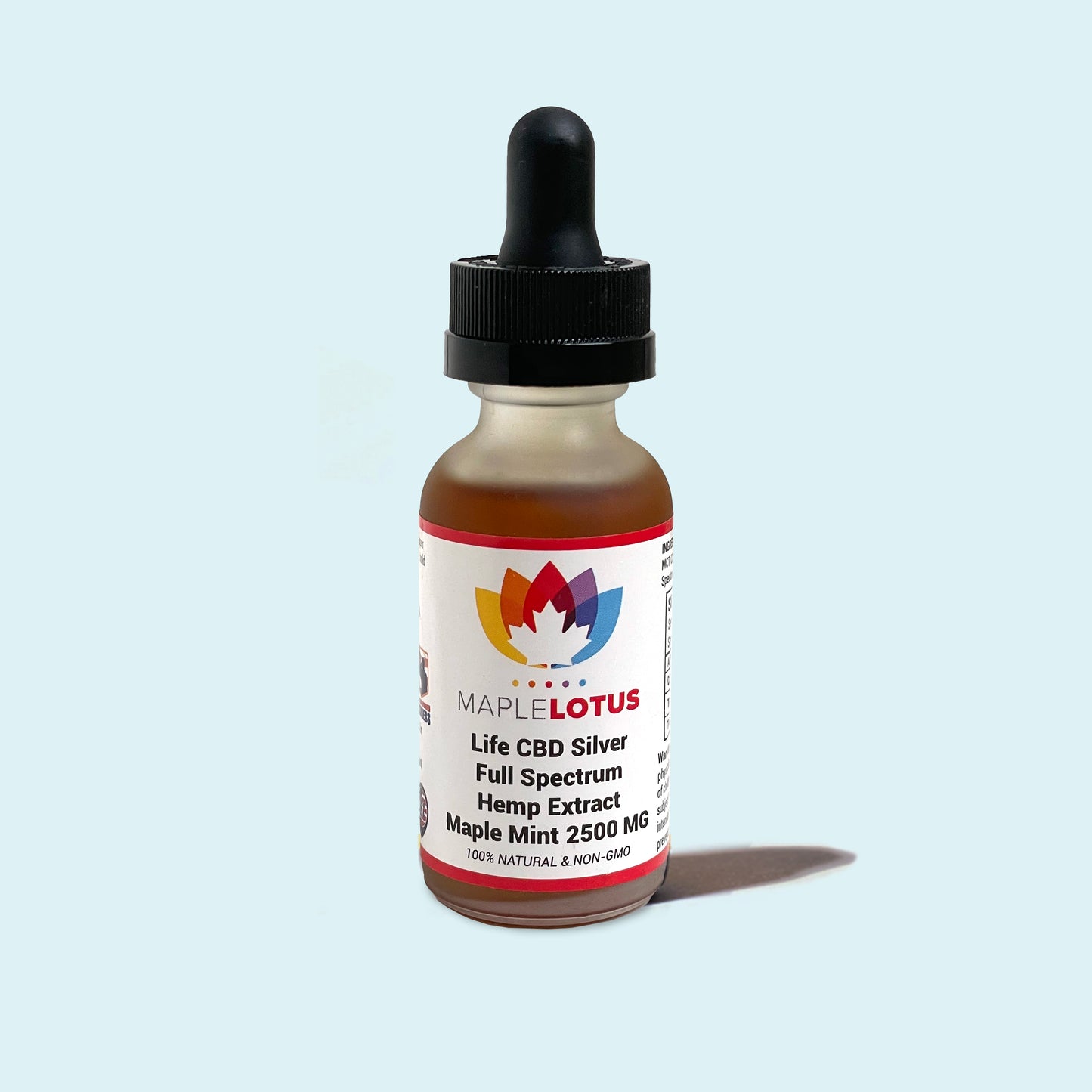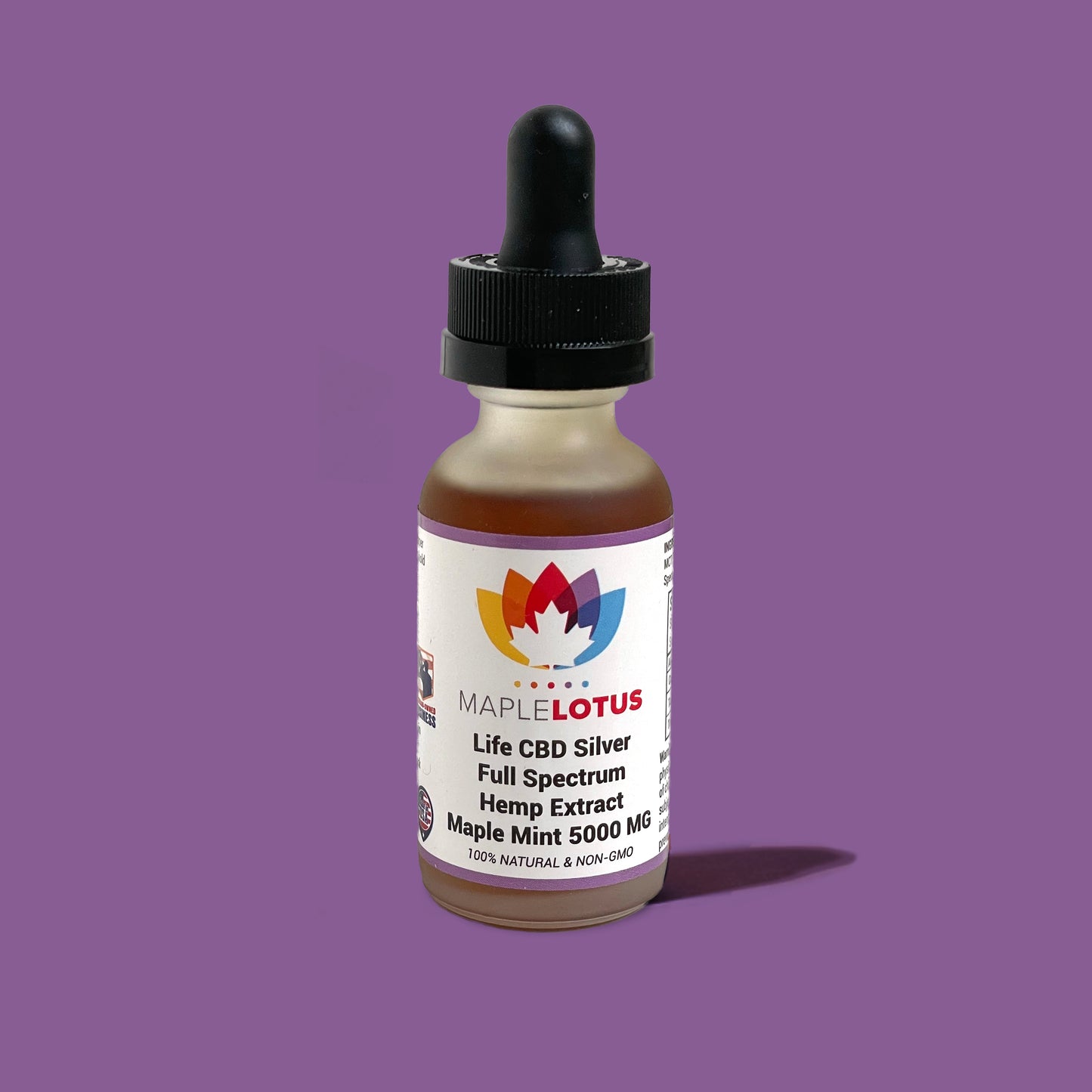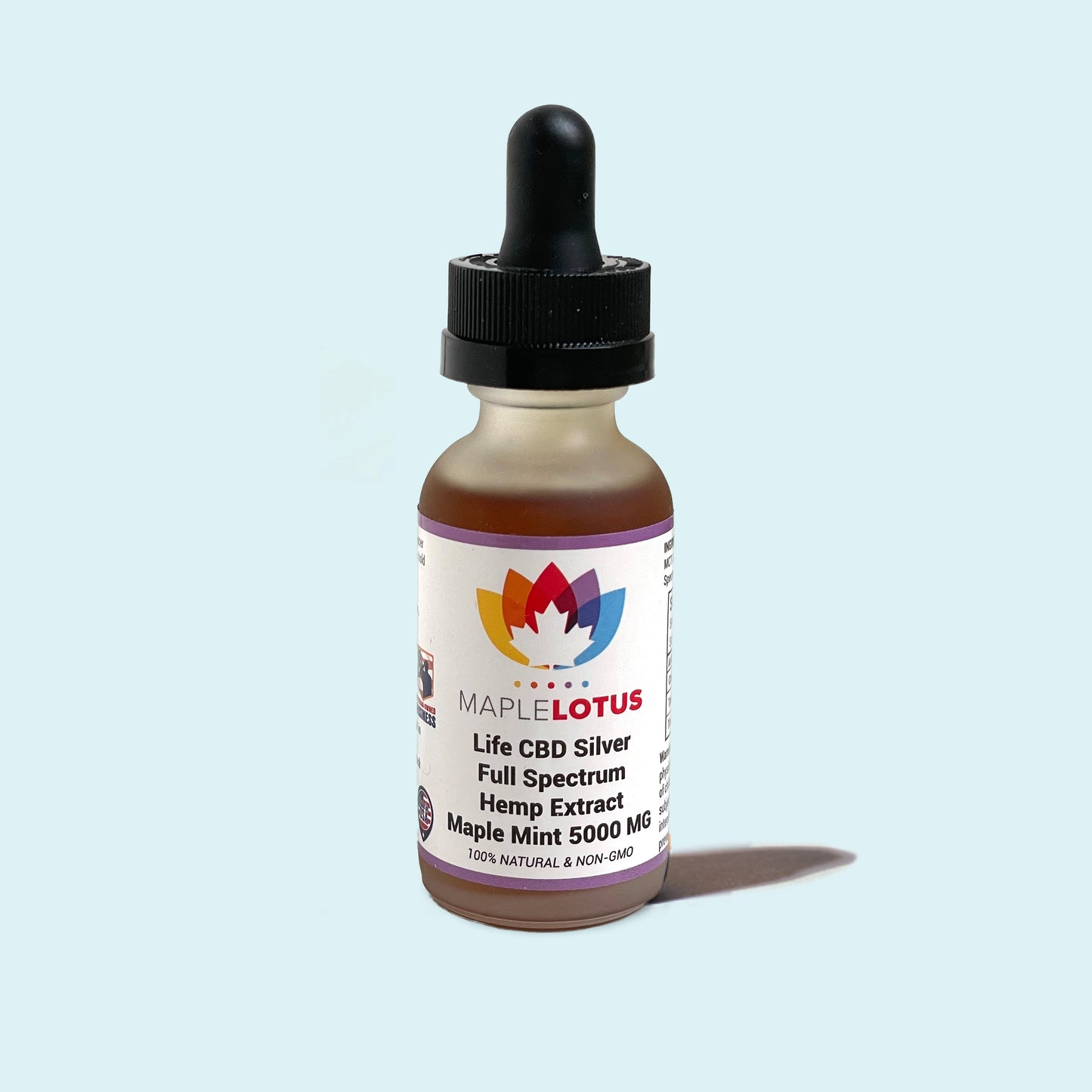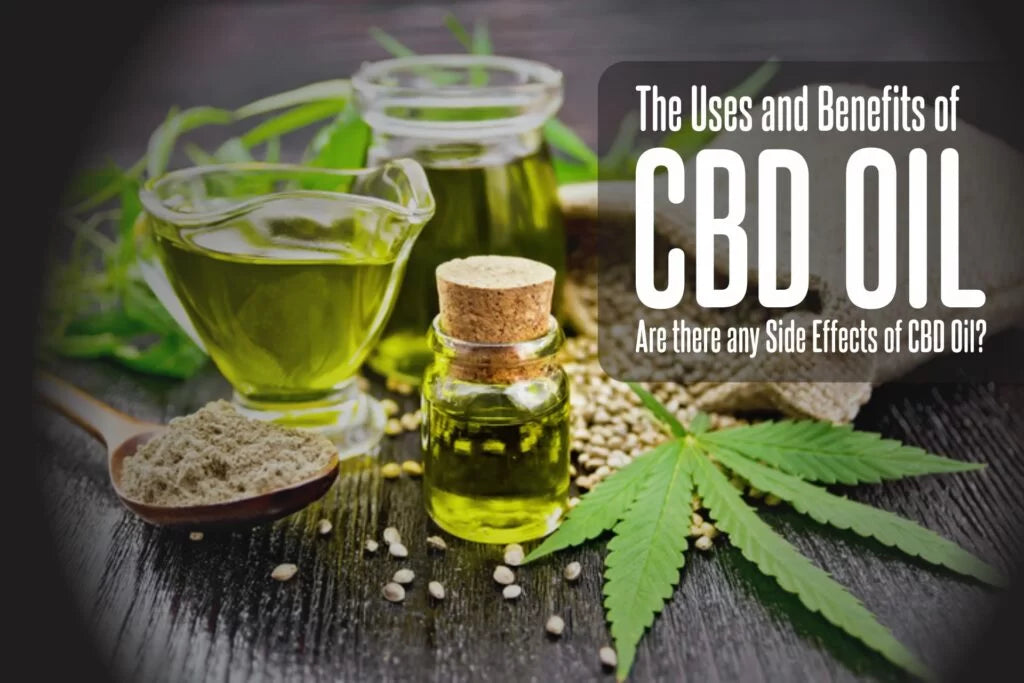
CBD Oil Advantages vs. Drawbacks
CBD oil is considered to have a wide range of potential health advantages. It is used to stimulate hunger, improve sleep, treat skin disorders such as eczema and psoriasis, relieve pain, prevent seizures, and much more.
CBD oil is not the same as marijuana, despite being extracted from cannabis plants. However, this does not imply that CBD oil is completely risk-free. Some potential adverse effects, such as dry mouth, may be minimal. Others, such as worry, may be more significant. Furthermore, certain potential adverse effects may make using CBD oil unsuitable for some individuals.
This article discusses what CBD is used for, the potential negative effects, and what to look for if you decide to buy CBD.
What Exactly Is CBD Oil?
CBD oil is a hemp plant extract called cannabidiol that has been combined with a base (carrier) oil such as coconut oil or hemp seed oil. CBD oil is extracted from the Cannabis indica and Cannabis sativa plants.
CBD Oil Benefits
CBD supporters claim that CBD oil helps people with a wide range of health concerns. CBD oil is reported to be beneficial for:
- Acne
- Anxiety
- Cancer
- Chronic discomfort
- Depression
- Drug addiction and withdrawal
- Epilepsy
- Glaucoma
- High Blood Pressure
- Insomnia
- Spasms of the muscles
- Parkinson's disease (PD)
- Appetite problems
- Eczema and psoriasis are two examples of skin ailments.
As CBD has grown in popularity, researchers have been attempting to learn more about it. Nonetheless, there hasn't been a lot of clinical study done to uncover evidence to back up these health claims.
Here's a more in-depth look at some of the potential health benefits of CBD oil.
Anxiety
According to a 2015 review of research published in the journal Neurotherapeutics, CBD may help alleviate anxiety disorders.
The authors of the study revealed that CBD has previously showed substantial anxiety-relieving effects in animal research—and the results were somewhat unexpected.
Lower dosages of CBD (10 milligrams per kilogram, mg/kg, or less) alleviated certain anxiety symptoms in most studies, but higher doses (100 mg/kg or more) had absolutely no impact.
The way CBD functions in the brain may explain why this occurs. CBD may operate in low concentrations similarly to the surrounding chemicals that normally bind to the receptor that "turns up" their signaling. At greater doses, however, too much activation at this receptor location may have the opposite effect.
There haven't been many human trials to investigate CBD's anxiety-relieving properties. One study, however, was published in the Brazilian Journal of Psychiatry in 2019.
Before a public speaking event, 57 men were given either CBD oil or a sugar pill containing no CBD (placebo).
The researchers used blood pressure and pulse rate to determine the subjects' anxiety levels. The researchers also employed the Visual Analog Mood Scale, which is a trustworthy diagnostic for mood states (VAMS).
Men who received 300 mg of CBD oil reported less anxiety than men who received a placebo; however, men who received 100 mg or 600 mg of CBD oil did not have the same results.
Addiction
According to a 2015 review published in the journal Substance Abuse, CBD oil may benefit persons suffering from substance use disorder.
The findings of 14 published studies were examined in the study. Nine of the research investigated the effects of CBD on animals, while five investigated the effects on people.
CBD showed potential for treating persons with opiate, cocaine, or psychostimulant use disorders, according to the study.
However, the effects of CBD varied depending on the drug. CBD without THC, for example, did not alleviate opioid withdrawal symptoms.
It did, however, lessen drug-seeking behavior in those who used cocaine, methamphetamine, and other related drugs.
Some experts believe CBD can assist treat cannabis and nicotine addiction, but additional study is needed to support this notion.
Skin Conditions
According to certain research, CBD oil may be beneficial to the skin.
A 2020 study discovered that CBD oil may help reduce inflammation, which could be effective for treating a number of skin disorders such as allergic dermatitis, acne, and psoriasis.
Cancer
Proponents claim that CBD oil can help cancer patients. Although some research has shown promise, no comprehensive trials have been conducted to prove the benefits of CBD oil as a cancer treatment.
Other research suggests that CBD may interact with cancer medications.
If you have cancer and are considering using CBD, consult your oncologist first to determine whether it is safe for you to use.
High Blood Pressure
According to a 2017 study, CBD oil may lessen the risk of heart disease by lowering high blood pressure in some people. 6
In the trial, nine healthy men were given 600 mg of CBD or a placebo at the same amount. Men who took CBD had reduced blood pressure before and after stresses such as exercise or acute cold.
The researchers also looked at how much blood remained in the heart after a heartbeat (stroke volume). The men who took CBD had a smaller stroke volume than the placebo group, indicating that their hearts were beating more efficiently.
The study revealed that CBD oil could be used as a supplemental therapy for persons with high blood pressure who are stressed or anxious.
However, there is no proof that CBD oil can cure or prevent high blood pressure on its own. While stress might aggravate hypertension, it does not cause it.
Sleep
Proponents claim CBD oil will help you sleep, but research so far has been unconvincing.
According to a 2017 assessment, much research has been tiny and limited in scope. However, the authors also stated that because cannabis appears to have an influence on the sleep-wake cycle, its potential as a sleep aid warrants more investigation.
Seizures
The Food and Drug Administration (FDA) authorized Epidiolex, a CBD oral solution, in June 2018.
Dravet syndrome and Lennox-Gastaut syndrome are two rare forms of epilepsy in children under the age of two that are treated with Epidiolex. These are extremely rare genetic abnormalities that induce lifelong seizures beginning in infancy.
CBD's usefulness in treating seizures is unknown outside of these two illnesses. Even with Epidiolex, it's unclear whether the anti-seizure effects are due to CBD or something else.
However, there is some evidence that CBD interacts with seizure medications such as Onfi (clobazam) and increases their blood levels. More research is needed to fully comprehend the connection.
Possible CBD Oil Side Effects
CBD oil has been found in clinical studies to have adverse effects. The specific side effects and their severity vary from person to person and from CBD type to CBD type.
- People frequently report the following CBD negative effects:
- Anxiety
- Appetite changes
- Change in Mood
- Diarrhea
- Dizziness
- Tiredness or drowsiness
- Dryness of the Mouth
- Nausea
- Vomiting
Do not drive or use heavy machinery when taking CBD oil—especially when you first start using it or switch to a new brand. Remember that some products do contain THC, even in small amounts.
Special Concerns
Your doctor may urge you not to use CBD oil if you are:
Have liver disease: CBD oil may elevate liver enzymes, which is a sign of inflammation in the liver. Before using CBD oil, consult with your doctor. If you opt to use it, your liver enzymes may need to be monitored on a frequent basis.
Have vision problems: CBD oil may cause vision problems. According to a 2018 study, it may increase intraocular pressure. This can aggravate the condition of persons who have glaucoma. 11 Some users of CBD oil report dry eyes as a negative effect.
Are pregnant or nursing: If you are pregnant or breastfeeding, you should not consume CBD oil. CBD does pass through the placenta, despite the fact that its effects are not entirely understood.
The American Academy of Pediatrics (AAP) also advises pregnant women not to use marijuana due to the potential hazards to a growing fetus.
Can CBD Oil Get You High?
CBD oil will not make you high. Although it comes from the same plant family as marijuana, it does not contain tetrahydrocannabinol (THC), the chemical responsible for this sensation.
What CBD Oil Can Interact With
CBD oil has the potential to interact with pharmaceuticals, including several used to treat epilepsy. One reason for this is the way your body breaks down (metabolizes) medications.
Cytochrome P450 (CYP450) is an enzyme that your body utilizes to break down certain medications. CBD oil has the ability to inhibit CYP450. That implies that combining CBD oil with certain medications may cause them to have a larger effect than necessary, or they may not work at all.
CBD may interact with the following medications:
- Antiarrhythmic drugs like quinidine
- Anticonvulsants like Tegretol (carbamazepine) and Trileptal (oxcarbazepine)
- Antifungal drugs like Nizoral (ketoconazole) and Vfend (voriconazole)
- Antipsychotic drugs like Orap (pimozide)
- Atypical antidepressants like Remeron (mirtazapine)
- Benzodiazepine sedatives like Klonopin (clonazepam) and Halcion (triazolam)
- Immune-suppressive drugs like Sandimmune (cyclosporine)
- Macrolide antibiotics like clarithromycin and telithromycin
- Migraine medicine like Ergomar (ergotamine)
- Opioid painkillers like Duragesic (fentanyl) and alfentanil
- Rifampin-based drugs used to treat tuberculosis
Always inform your healthcare practitioner and pharmacist about any medications you are taking, whether they are prescription, over-the-counter (OTC), herbal, or recreational.
Because the interactions between these drugs and CBD are usually minor, you may not need to adjust your therapy. To avoid a response, you may need to change drugs or spread out your dosages in some circumstances. Never change or discontinue medicine without first consulting with your healthcare professional.
What's a Safe Dosage of CBD Oil?
There are no usage standards, and there is no "proper" dose of CBD oil. However, the typical dosing range is 5 mg to 25 mg.
Among the forms available are:
- Tinctures (CBD oil mixed with a base oil)
- Capsules
- Gummies
- Sprays
Which you choose is primarily determined by your preferences and the outcomes you intend to achieve. Putting the oil under your tongue, for example, can generate faster results than taking a capsule that must be digested.
Each product works slightly differently depending on the form, therefore it's critical to follow the instructions.
How to Calculate a CBD Dose
Because their quantities are pre-measured, sprays, gummies, and capsules are simple to use.
Tinctures are a little trickier. Most oils come in 30-milliliter (mL) vials with a dropper cap to aid in measurement.
However, some tinctures have concentrations of 1,500 mg per 30 mL, while others have quantities of 3,000 mg per mL or higher. That means calculating the precise amount of CBD per milliliter of oil involves some arithmetic.
To calculate an accurate CBD dose, remember that one drop of oil equals 0.05 mL of liquids. This means that a 30-mL bottle of CBD oil will contain approximately 600 drops.
If the concentration of the tincture is 1,500 mg per mL, one drop would have 2.5 mg of CBD in it (1,500 mg ÷ 600 drops = 2.5 mg).
Safer Buying Practices
Keep in mind that CBD oils are unregulated. There is no guarantee that a product is exactly what it says on its packaging. You also can't be certain that it's both safe and effective.
According to a 2017 survey, only 31% of CBD products sold online were properly labeled. Most contained less CBD than claimed, and 21% contained large levels of THC.
FREQUENTLY ASKED QUESTIONS
Is one type of CBD oil better than another?
CBD oil is available in several forms:
- Isolates exclusively contain CBD.
- Broad-spectrum oils contain practically all of the plant's components (e.g., proteins, flavonoids, terpenes, and chlorophyll), but no THC.
- Full-spectrum oils include all of the constituents, including THC (up to 0.3%).
Is CBD oil and hemp oil the same thing?
No, not always. While the terms are sometimes used interchangeably, hemp oil can also refer to hemp seed oil, which is utilized in cooking, food preparation, and the manufacture of cosmetic goods. CBD oil is derived from the Cannabis indica or Cannabis sativa plant's leaves, stems, buds, and flowers. THC content should be less than 0.3%. TCH is not present in hemp oil, which is derived from the seeds of Cannabis sativa.
Is it possible to overdose on CBD oil?
CBD oil is difficult to overdose on. According to studies, humans have a high tolerance for CBD. According to one study, the toxic amount would be around 20,000 mg consumed all at once.
How old do you have to be to buy CBD oil?
It is determined by where you live, the type of product, how it was obtained, and its intended use (medical or recreational). To purchase CBD oil in many states, you must be 18 or 21 years old. For the most up-to-date information on the legal purchase of CBD oil, consult your state's laws.

